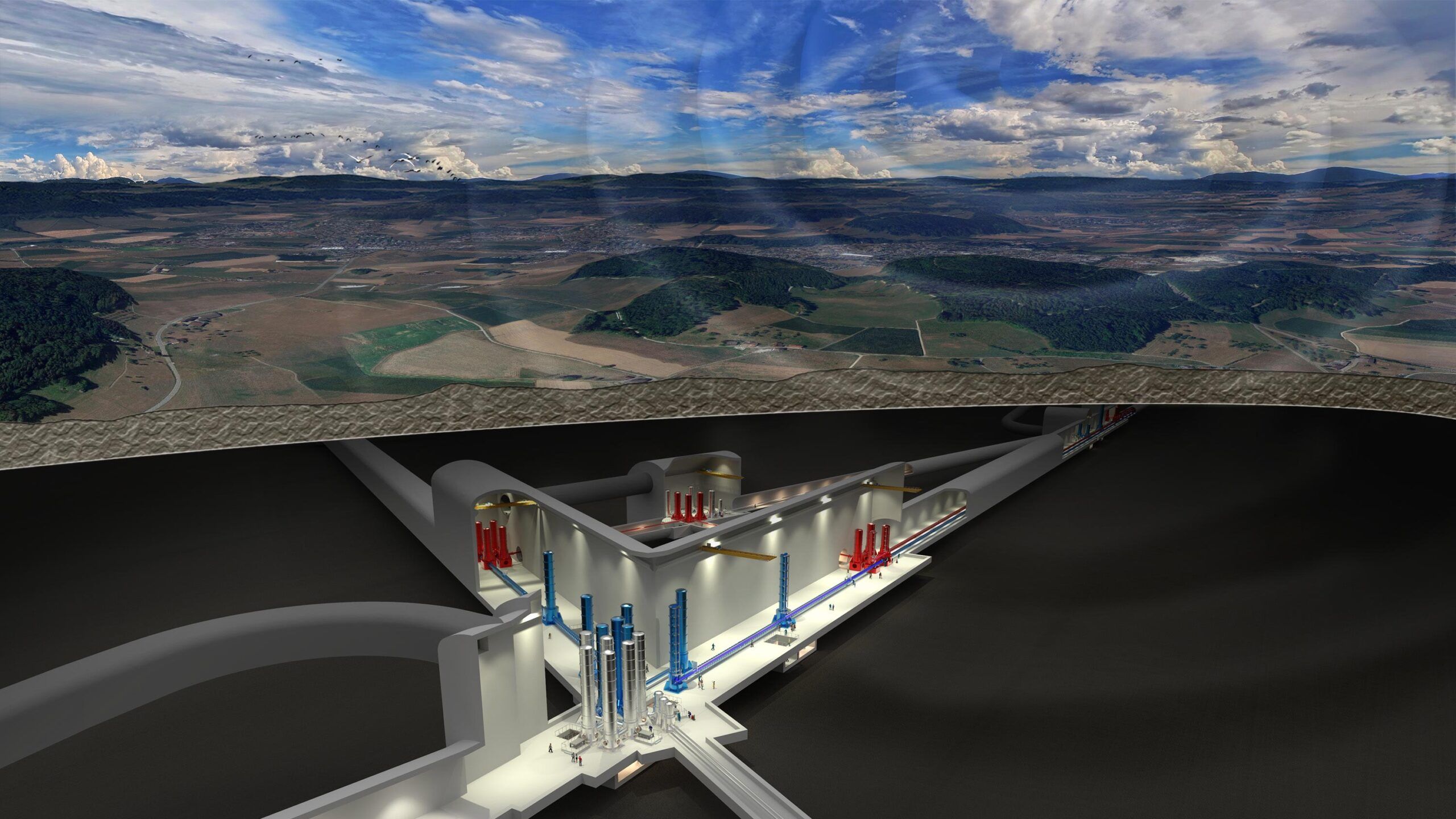Einstein Telescope could boost Flemish economy and innovation, study finds

The Einstein Telescope could contribute up to 1.5 billion euros in productivity growth and create around 925 full-time jobs in Flanders, according to a new study by consultancy firm Ortelius. The study, commissioned by Flemish minister-president Matthias Diependaele and POM Limburg, highlights the project’s potential to position the region as an innovative hub.
The underground Einstein Telescope is set to become Europe’s most advanced gravitational wave observatory. It would enable groundbreaking research into the universe. Belgium, the Netherlands, and Germany are jointly considering the border region near the Three-Country Point as a possible location.
Flanders already committed 200 million euros to the project.
Rare opportunity
The study describes the telescope as a rare opportunity that could drive technological innovation and economic growth. The telescope could contribute as much as 1.5 billion euros in productivity growth and create around 925 jobs.
Furthermore, the formation of a high-tech cluster around the site could increase STEM graduates and boost PhD enrolments in science and engineering by 1.2 per cent within a decade.
Diependaele sees the project as a chance to create a “Silicon Valley in the border region” that could foster an innovation-driven economy for the next 50 years. The minister-president stressed that the telescope will be a priority in Flanders’ plan for productivity and economic growth and emphasised the need for strong cooperation between universities, businesses, and policymakers to maximise its impact.
Risks
However, the study also warns of potential financial and logistical risks, including budget overruns and the need for close coordination between local, regional, and national authorities. The total cost of the telescope is estimated at 2.3 billion euros. Construction is expected to take nine years, followed by 50 years of operation.
Flanders faces competition from Italy (Sardinia) and Germany (Saxony), which have also expressed interest in hosting the telescope. A final decision on the location is expected in 2026.
#FlandersNewsService | Artist's impression of the underground Einstein Telescope © PHOTO Marco Kraan/NIKHEF